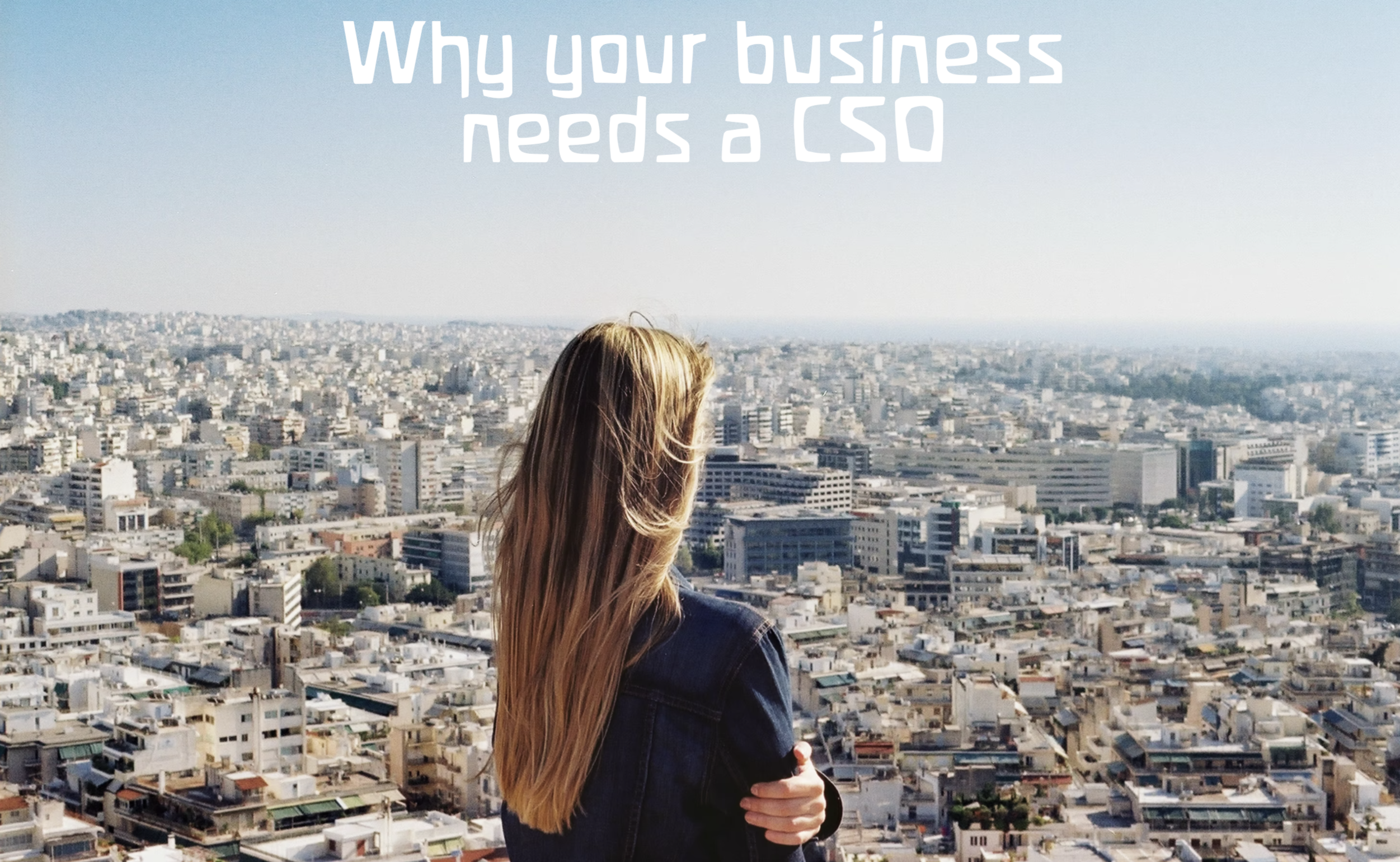If there were no one to design strategies for the conservation of resources, there would be even more waste on the planet. Sustainability issues span multiple business functions, making it difficult for organizations to create cohesive efforts.
For example, a company’s social license to operate is tied to numerous functions: a company’s health, safety, and environmental compliance; its way of operating, contributing to the communities, treatment of its employees, way of promoting itself, as well as its governance structure, ethics and others.
What does a chief sustainability officer (CSO) do?
Sustainability as a career has grown considerably over the last decade, with many successful professionals who work in the field holding a degree, most notably holding a bachelors in sustainability. A Chief Sustainability Officer (CSO) has the primary responsibility of overseeing the entire sustainability strategy of a company, and solving all problems related to it.
The role of a sustainability director is evolving rapidly and is capable of helping companies gain a great competitive advantage. As companies have committed to more efforts around sustainability, the environment, and other issues, the goal of the Chief Sustainability Officer has been to promote and monitor these efforts.
Why your business needs a chief sustainability officer
Different governments have started mandating sustainability practices in business, while the Sustainable Development Goals, also known as the Global Goals, were adopted by all UN Member States in 2015, as a universal call to end poverty, protect the planet and ensure that all people enjoy peace and prosperity by 2030. The 17 SDGs are integrated, as they recognize that interventions in one area will affect outcomes in others, and development must balance environmental, economic and social sustainability.
Following the promise of leaving no one behind, countries have pledged to accelerate progress for those furthest behind. This is why the SDG´s have been designed to provide the world with several life-changing “zeros”, including zero poverty, zero hunger, zero AIDS, and zero discrimination against women and girls.
Many professionals around the world nowadays seem to prefer working for companies with strong environmental ethics. This is particularly common amongst millennials, who make up around 50% of the workforce so companies have had to progressively evolve and adapt their structure to attract and retain this socially conscious group.
Millennials not only want to hear what their employers are doing to be more responsible, but they want to be co-creators of sustainability alternatives and help companies improve their responsible business practices by providing feedback, ideas and potential solutions. They want to be directly involved in the responsible efforts of a company, while they also expect their employers to provide effective activities related to environmental practices in the workplace. Even small businesses have realized the importance of this and are implementing sustainability as part of their core structure.

A study from IBM, focused on analyzing global consumer trends, reveals that currently the importance of the values associated with a brand outweighs other factors such as price or convenience for consumers. One of the conclusions drawn from the study is that a third of all consumers would stop buying their favorite products if they lost confidence in the brand and, in fact, another third of consumers affirm that during 2019 they had already stopped buying some products for that reason.
Consumers add that they give priority to those brands that are sustainable, transparent, and aligned with their values, when deciding to purchase. Therefore, they claim that they are willing to pay more, or even change their shopping habits, for those brands that fit their priorities.
Socially responsible or ethical investing is a combination of fundamental analysis active management and engagement, with an evaluation of environmental factors, in order to achieve a better long-term profitability for investors, benefiting society through the influence on the behavior of companies.

William McDonough is an architect who woke the profession up to the idea of designing with no waste. He coined the term Cradle to Cradle. It’s an important term for your business to know.
Ethical investing is in very good health and on the increase. Its growth in recent years has been very prominent at all levels: sectorial, geographical, by type, and more. Its implementation in some countries and in the institutional field is already very high and one of its main goals is to ensure that it extends more to the field of private. In addition, more and more environmentally aware investors are choosing to put their money into green companies.
How can employing a CSO benefit your business?
A corporate sustainability manager is responsible with social responsibility for everything that happens in the company that may have an environmental impact. Some of the many ways a company can benefit from what a CSO does are:
- Encourages innovation: A CSO helps companies develop new processes and technologies to be more environmentally conscious.
- Good Public Relations: Businesses that are seen as a responsible corporations tend to have more successful PR, which allows them to increase their credibility and support.
- Attract top talent: Some of the best and most talented professionals seem to prefer companies that have CSO´s leading their sustainability initiatives.
- Gain a new customer base: Changes brought by a CSO can make a business reach new audiences, which could eventually translate into more clients and profits.




